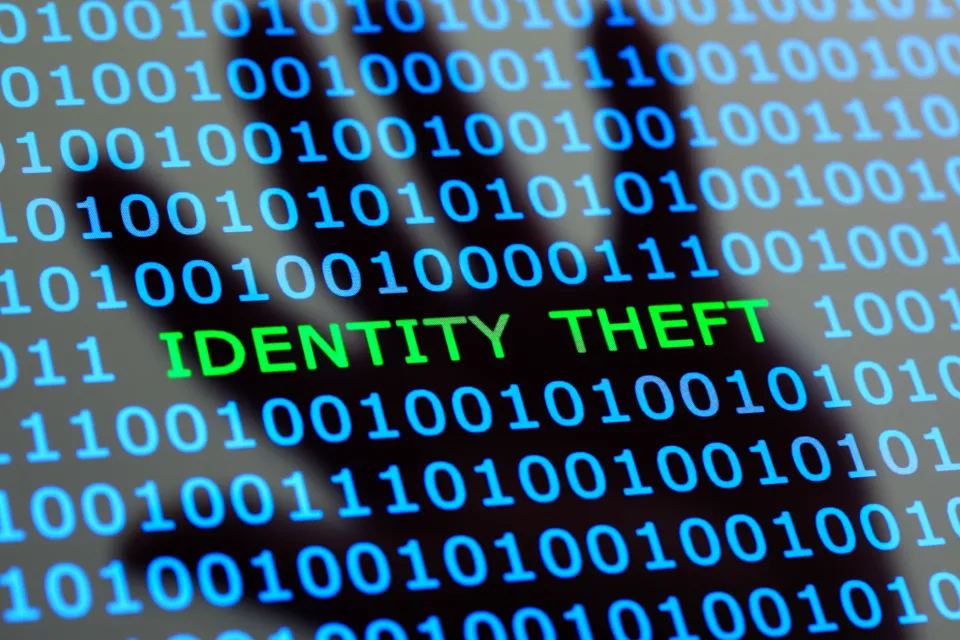Table of Contents
It is important that you take action as soon as possible from the first moment you become aware of the crime to prevent identity theft from causing further damage to your money.
The convenience of technology when shopping online, where you just insert your bank account or credit card number, has also amplified the risks. If you’re not careful enough, it’s easy to fall for scams between fake sites and fraudulent phone calls. Being a victim of identity theft and having your account hacked is as easy as clicking in the wrong place. But beyond being alarmed, there is no better way to prevent this crime and thousands of dollars from being stolen than to be informed. Therefore, if you have been the victim of such a painful act, we will tell you everything you must do to recover and protect your account.
1. Contact your bank’s Fraud Department
You may not know it, but every national bank in the United States has a dedicated phone number for reporting fraud. Check and write down the number on the back of your debit or credit card. If you don’t have the plastic on hand, you can look for it on your financial institution’s website.
If your account is from a local community bank or credit union, they may not have a direct number for this type of crime, but that doesn’t mean they can’t record your report. Maybe you should call your branch and discuss your case.
When you call, you must say when and how you discovered the suspicious activity on your account. From that moment on, the representative will invite you to take some action, be it to file a claim, cancel your account or improve your security.
2. File a claim in case of money theft
There are many ways hacking your account would allow thieves to steal money from you, from sending bank transfers, withdrawing cash from an ATM, to making purchases online.
Regardless of how it happened, from the first moment you find abnormal activity, you can file a claim for reimbursement. The faster you do it, the lower your maximum liability, according to federal identity theft law.
For example, if you report before there is any movement, there is no liability; if you do so within two business days of being notified of the unauthorized charges or transfers, there is a maximum liability of $50; more than two days and less than 60, maximum liability of $500 dollars; over 60 days, potentially unlimited.
Once you’ve submitted a claim, your bank will typically have up to 10 business days to resolve it. If you still need more time to investigate, you’ll usually be asked to issue a temporary credit to your account (less up to $50) and resolve the issue within 45 days.
3. Cancel compromised credit or debit cards
If we are talking about a lost debit or credit card, you could temporarily freeze the plastic, but for any reason it is important that you inform your bank. On the contrary, if you believe or are sure that your card has been abused, it is best to cancel the card immediately so that they send you a new plastic.
4. Consider freezing or closing the account
Although in the vast majority of cases canceling a credit or debit card can stop bank fraud, if your account has been hacked by identity theft, the plastic is the least of it, criminals can continue to access your account without problem.
If criminals accessed your account number through your name or Social Security number (SSN), then they will continue to use your money. Perhaps you could freeze your account or consider canceling it entirely and starting a new one.
5. Change your passwords and pins
From the moment you report your compromised cards, change all your online passwords and pins to ones you have never used on any other website.
A basic recommendation is to avoid generating passwords and pins with numbers that have to do with:
- Your (or a loved one’s) date of birth
- Your anniversary date
- Your social security number
- Your bank account or card number
- Simple patterns like 0000, 1234, or any of the like
6. File an identity theft report
Approach the Federal Trade Commission ( FTC ) to file an identity theft report. The agency will provide you with a personalized recovery plan and pre-filled letters that you can send to companies and banks to report your current situation and prevent embezzlement from continuing to affect you.
By filing the complaint through identitytheft.gov, the need to file a police report is eliminated, since the crime is prosecuted from this specialized instance.
